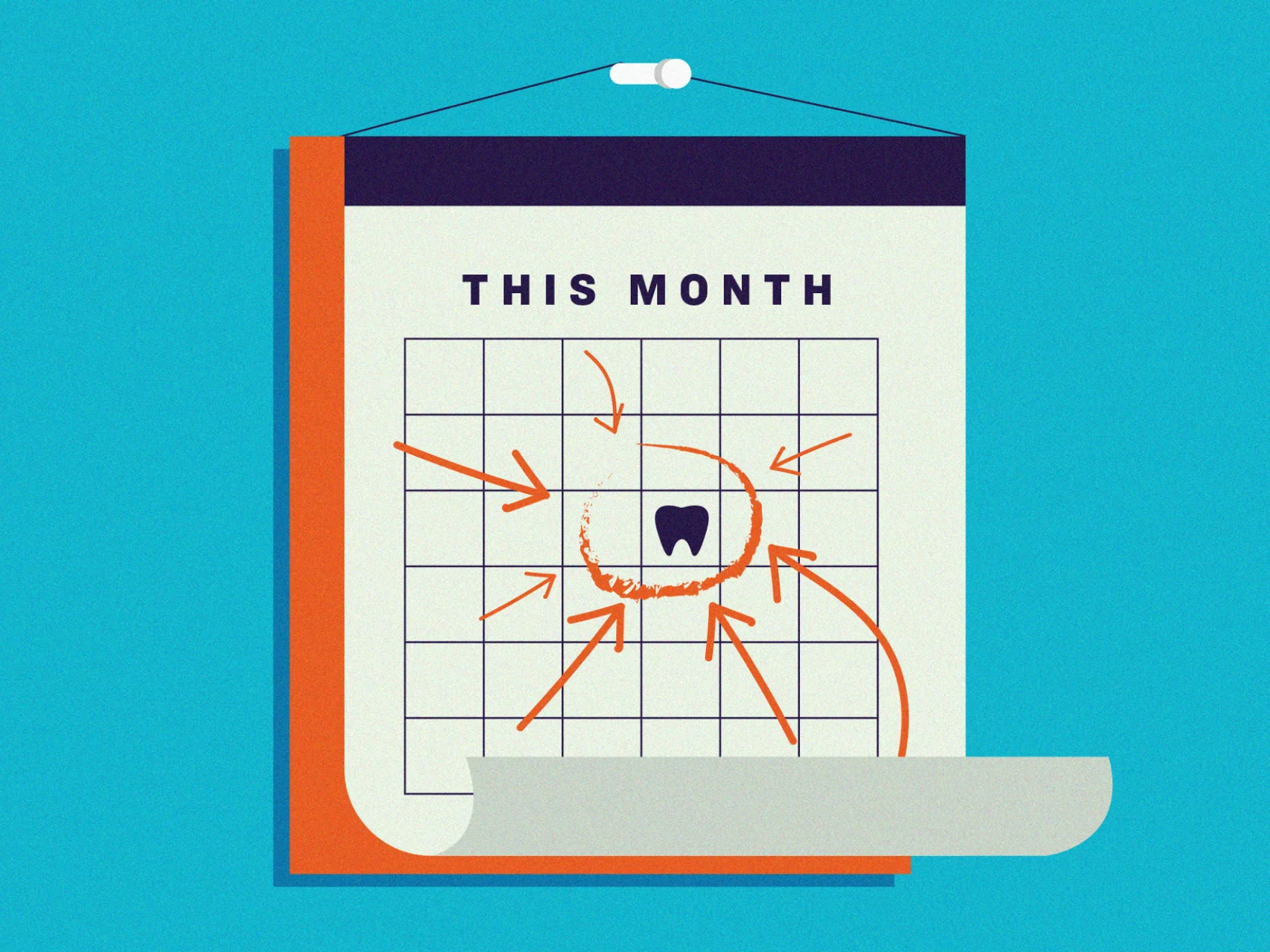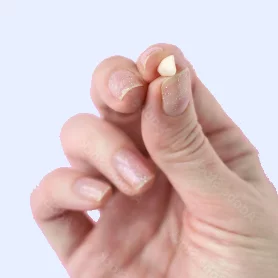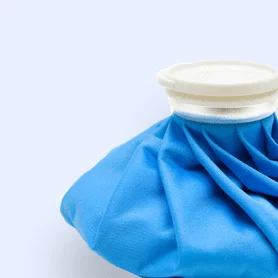How can we help?
- OVERVIEW
- ROUTINE CLEANING
- DENTAL HYGIENE
- CANCER SCREENINGS
- X-RAYS/IMAGING
- DENTURES
- TELEDENTISTRY
- DENTAL SEALANTS
- FLUORIDE TREATMENT
- FILLINGS
- SEDATION DENTISTRY
- DENTAL CROWNS
- BRIDGES
The Benefits of General Dentistry
Every smile is different. And so is every oral care journey. From preventive care to routine maintenance and diagnosing and treating ailments, we’re here to help you (and your smile) on that journey.

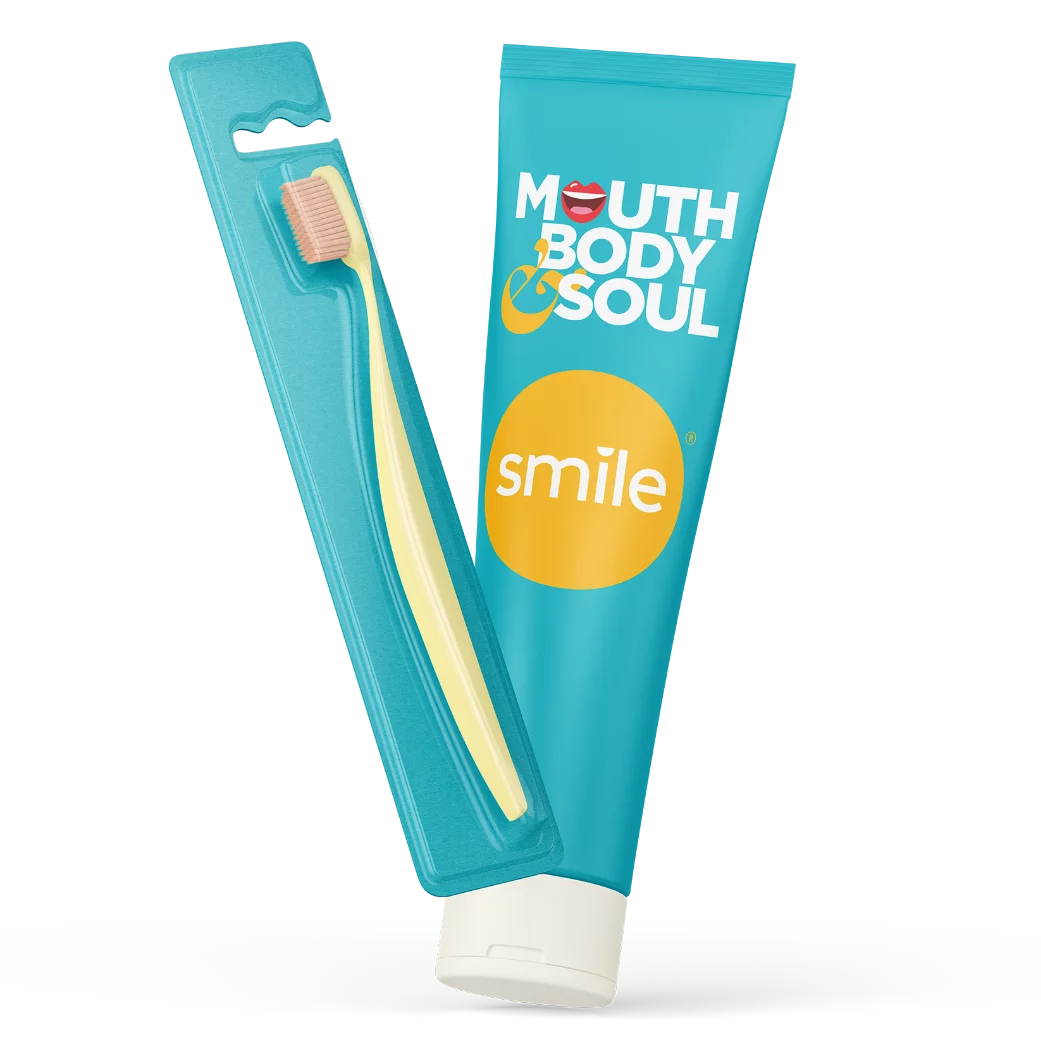
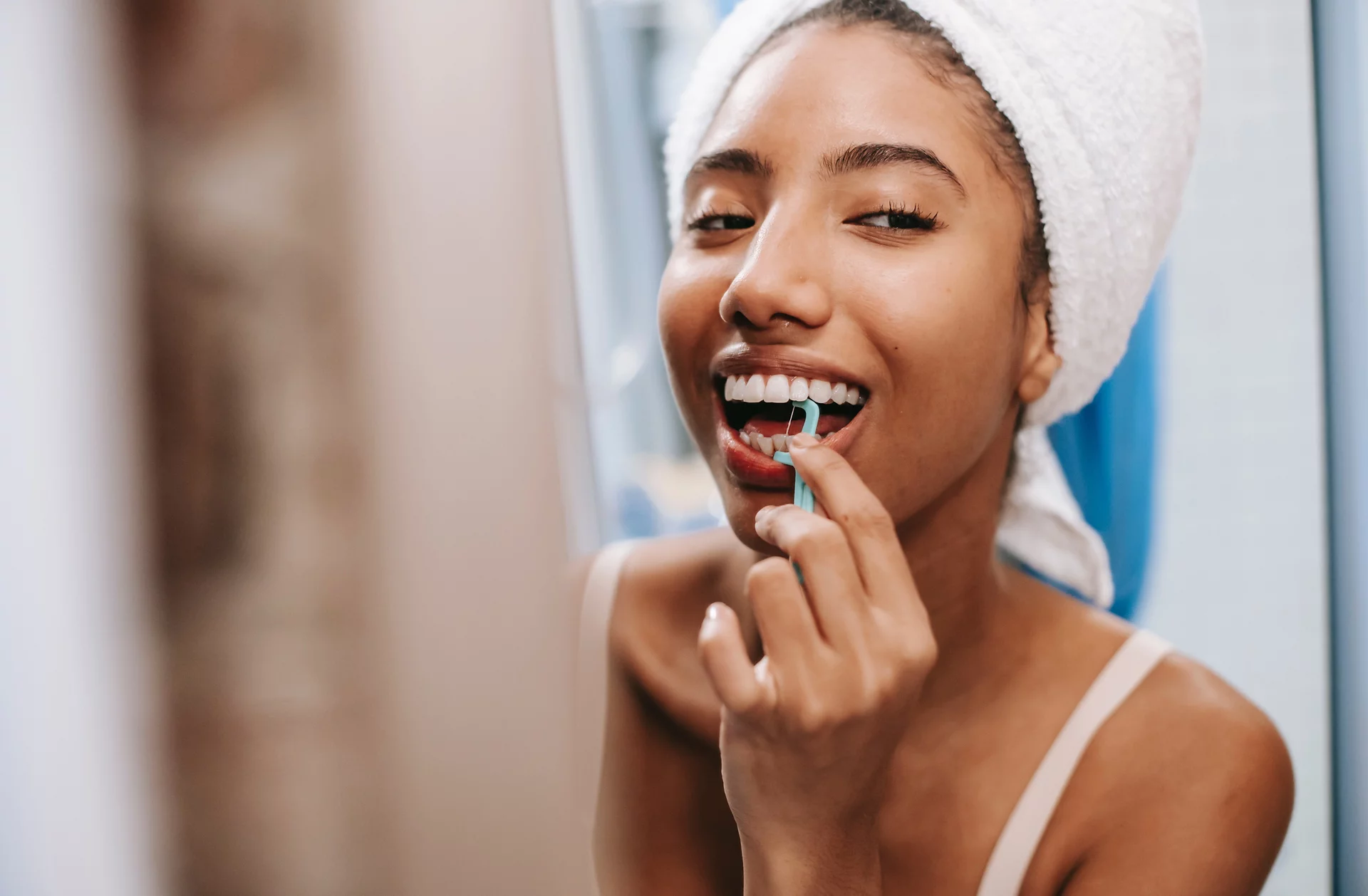
Let's Get You Scheduled
Find a trusted dentist near you using our Find a Dentist tool and start taking control of your oral and overall health today.
Got questions?
We’ve got answers! Find answers to common questions about general dentistry here, or give us a call at 1-800-SMILEGEN.
As a general rule, dentists may recommend getting your teeth cleaned once every six months, but you may need cleanings more or less frequently. For example, if you have poor oral health and are at risk of cavities or other dental problems, your dentist may want to see you once every three months. On the other hand, if you take good care of your teeth at home, your dentist may recommend cleanings as infrequently as once every two years.
Many insurances pay for two cleanings a year, along with a comprehensive exam. So, even if you do not have any concerns and good dental practices, you might still want to take advantage of the second cleaning.
Learn more in our article, "What is a Dental Teeth Cleaning"
Good oral hygiene means practicing good oral health habits. By protecting your oral health, you can enjoy a brighter, healthier smile and have a better chance of avoiding various health issues, both in your mouth and throughout your body. Brushing, flossing, eating healthy foods, and getting regular dental checkups and cleanings will go a long way toward maintaining your whole-body health.
Learn more in our blog article, "Dental Hygiene: Tips & Health Issues."
When you visit a new dentist, you will be given a comprehensive oral exam and cleaning to address any issues you may have and improve your oral hygiene. Here are some steps you can expect throughout your first visit:
- Check in and complete any paperwork before your appointment
- Get X-rays and other diagnostic tests
- Receive an oral examination
- Address your dental history and concerns
- Develop a personalized oral care plan
Your personalized plan may involve additional treatments you may need, such as a deep cleaning, cavity filling, dental crown or more. Once your dental appointment is over, you can schedule your next appointment to maintain your oral health into the future.
To learn more, read our blog article "First Visit to Dentist: What to Expect."
Not long! A dental cleaning can usually be completed in around 30 minutes. During your cleaning, if other issues arise, it could change how long it takes. In some cases, your dentist may recommend that you make a follow-up appointment for further treatments.
Learn more in our article, "What is a Dental Teeth Cleaning"

